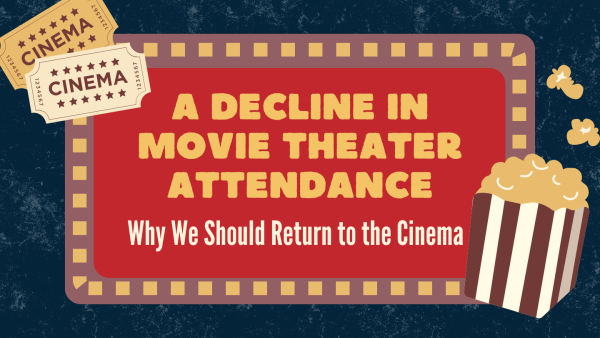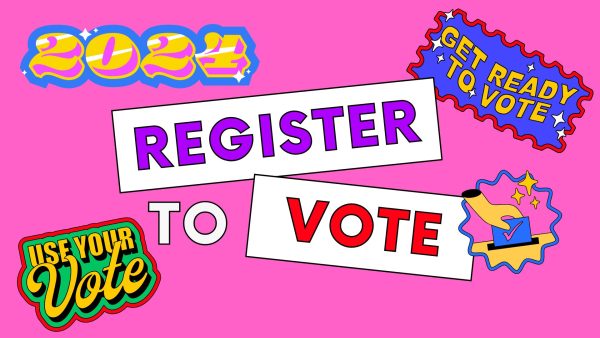Error 404: The FCC Aims to Destroy The Internet As We Know It
The recent proposal by the FCC to repeal the current Net Neutrality laws threatens our freedom to use the internet freely.

Photo by Flickr Creative Commons
Image created to illustrate “worst case scenario” in the event Net Neutrality is repealed.
It’s beginning to look a lot like Christmas everywhere you go. So, what better way to ruin it than by bringing about the end to the Internet in its current state?
This is the plan of current FCC chairman, Ajit Pai: to repeal Net Neutrality and “to restore Internet freedom and eliminate heavy-handed Internet regulations”. However, before getting too deep, we must first establish what Net Neutrality actually is, since a disturbing amount of people don’t actually know. Net Neutrality means that Internet service providers (ISPs) should allow access to any and all content on the internet, regardless of its source, without bias. In short, your ISP can’t speed up or slow down (throttle) your connection based on what site you’re using.
Now, it should be clear why repealing such a policy would be such an issue. By allowing ISPs to favor particular sites over others, the Internet will become like television: somehow more frustrating and expensive. Cable providers are, more often than not, also your Internet providers. They already have control of your wallet via your television (which is why Netflix and other streaming services became popular within the last ten years) and by giving them the ability to do the same thing they do with TV channels to websites and other internet services they effectively control more information than you could possibly imagine. The Internet has become a crucial tool in our lives, being that it’s used to communicate with strangers to exchange ideas, research topics more efficiently than if you were to go to a library, and provide hours of endless entertainment.
Let’s look at a hypothetical scenario that reflects the future where Net Neutrality does not exist in the United States:
- You’re out and about and decide to Google any restaurants in the area
- It loads relatively quickly and you find that there’s a coffee shop nearby
- It’s perfect for you and your friends
- You open up WhatsApp to message your friends
- WhatsApp isn’t loading
- It’s taking forever
- “Okay seriously why is it taking so long?” you ask aloud
- Ajit Pai rolls up next to you in his expensive car holding his Reese’s mug
- He informs you that your Verizon doesn’t like WhatsApp and is throttling your connection
- He drives off, but not before telling you that by purchasing the Pai Package Supreme for an extra $29.99 a month, you can bypass this issue
Obviously, that hypothetical uses broad strokes to paint a complex picture, but the basic idea is that everything currently regarded as simple becomes an inconvenience, expensive, and frustrating without the ability to freely use whatever apps and services you like. Just picture that example, but apply it to multiple services other than one simple messaging app and the problem should be clear. Then there’s the issue of online gaming, which will obviously suffer from this. If there is a cap imposed by your ISP on how much data you can use within a given period, any modern home will blow past it fairly quick if it contains at least one avid gamer + two-to-three other people who regularly stream movies and TV shows. Granted, while a company like Comcast has a pretty big 1000GB (1TB) data cap, that will prove to be an issue as time goes on and we become more dependent on the Internet. And that’s the catch-22 of the issue: the effects of Net Neutrality being repealed likely won’t be observable for a few years. This itself is a problem because, well, I don’t know if you’ve noticed, but the American people are fairly forgetful. In the five or however many years it takes for the effects to become noticeable, everyone will be scratching their heads, wondering why and when everything became so expensive. Meanwhile, Pai and his pals will be laughing all the way to the bank.
Things may seem pretty helpless and bleak. The FCC, and only the FCC, will be voting whether or not to repeal Net Neutrality on December 14th. Two of the five people voting are against the repeal, while the other three (including Pai himself) are for it, meaning that it’s pretty much guaranteed that Net Neutrality will be abolished.
And there’s nothing you can do about it.
Except, there is. There’s not much time left, but you can still have some kind of an impact if you choose to. This site details all the things you can do to help.

Gr. 12
"It's good as an artist to always remember to see things in a new, weird way." -Tim Burton






Christopher Dillon • Dec 15, 2017 at 12:59 pm
Very well written and well informed writing. I believe this article was a great way to make others aware of the issue at hand. I personally think this is one of the most important and difficult topics to write about but it worked out in this case. Congrats on making this problem more known to the community, and thank you for writing.